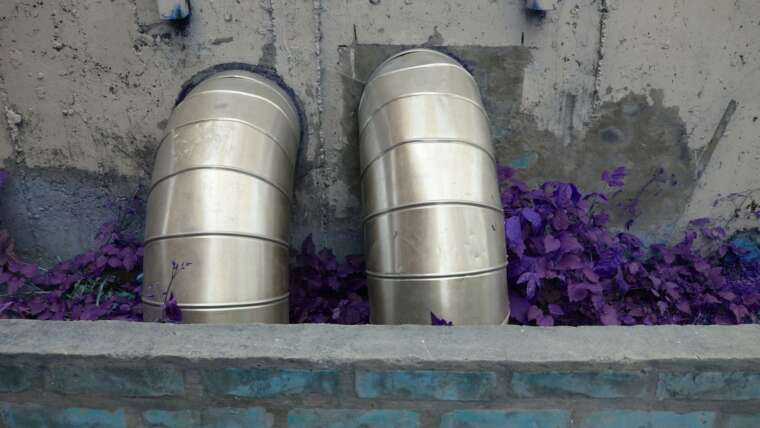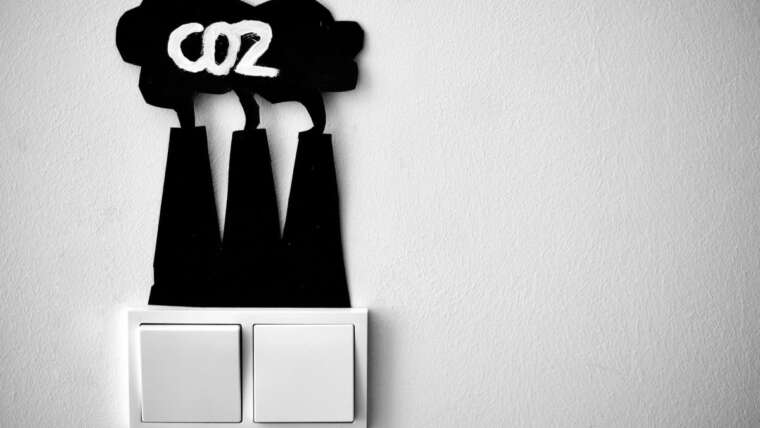Every homeowner knows how comforting clean indoor air can be—but when bad smells start flowing through your vents, that comfort quickly disappears. These odors may start subtly, like a faint musty scent or hint of cigarette smoke, and gradually become overwhelming. More concerning odors like rotten egg or burning plastic can even signal serious health or safety risks. Addressing these issues promptly helps prevent further damage to your HVAC system and improves your home’s air quality. In this guide, you’ll learn how to stop smells from coming through vents, understand what causes them, and explore proven solutions.
Where Do These Smells Come From?
Strange odors coming through your vents usually mean there’s an underlying issue in your ductwork, HVAC system, or even plumbing. Ignoring the source allows smells to worsen and creates the potential for respiratory issues or larger repair costs. Understanding the root cause is the first step toward long-term relief. From trapped animals to stale air and mold buildup, your ductwork can host a variety of contaminants that go unnoticed until the smell reaches your nose. Below are the most common sources of unpleasant odors circulating through vents:
- Cigarettes or Smoke: Smoke from cigarettes, fireplaces, or nearby units can settle into your ducts, releasing a stale odor over time.
- Dead Animals or Birds: Rodents or birds that die inside the ducts release a foul, rotting odor as they decompose.
- Mold and Mildew: A musty or damp smell usually comes from moisture trapped in ducts, especially if your HVAC lacks proper drainage.
- Sewer or Gas Leaks: A strong rotten egg smell could signal gas leaks or sewer line vent issues.
- Electrical Overheating: Burning or scorched smells often indicate dust burning off heating elements or failing wiring.

How to Recognize an Air Quality Problem in Your Vents
If your nose keeps picking up something foul in certain rooms, don’t just spray air fresheners—investigate. Odor is one of your first signs that something’s not right with the ventilation system. These symptoms aren’t just annoying—they can be dangerous or a sign of system failure. Learning to recognize specific odor symptoms helps you catch issues early. Here’s what you should look for and what the smell might mean:
- Persistent Musty Smell
A constant musty or moldy odor may point to mold or mildew growing inside the ducts, often due to poor airflow or trapped moisture. - Smoke Without Fire
If you smell cigarette or burning smoke but no one in the home is smoking, the smell may be coming from other units or old deposits in the duct system. Knowing how to stop the smell of smoke from coming through air vents involves cleaning and sealing. - Rotten Egg Smell
That distinct sulfur-like scent is often a red flag for a gas leak, and it should be treated as an emergency. - Decomposition or Animal Odor
A strong, lingering smell like a dead animal may mean something is decaying inside the ductwork. - Burning or Melting Odor
A scorched or electrical-burning smell may be the result of faulty equipment or overheating parts within your HVAC system.

What Can You Do to Stop the Smell?
Tired of chasing odors from room to room? Now that you know the causes, it’s time to fix them. Many homeowners ask, how do you stop smells from coming through your vents—and the good news is, there are reliable answers. From cleaning to professional repairs, small steps make a big difference. Here are some practical strategies to eliminate and prevent vent-related odors:
- Deep Cleaning the Ducts
Dust, debris, and lingering odors often accumulate along the walls of your ductwork. A professional residential air duct cleaning service can remove this buildup and improve overall airflow. - HVAC System Sanitizing
Cleaning alone may not be enough—bacteria and mold spores can linger. That’s where air duct sanitizing proves effective, using strong cleaning agents to eliminate germs responsible for unpleasant odors. - Mold Removal Services
If mold is present, it needs to be addressed before it spreads. A mold removal service ensures thorough decontamination and helps prevent recurrence. - Check Vent Closures
A common question homeowners ask is whether closing a vent in a room can prevent smells from entering through the vents. The answer is not really—it may slow airflow, but odors will still escape if the ducts are compromised. - Activated Carbon Filters
Installing odor-absorbing filters helps trap smoke, chemicals, and musty air before it circulates through your home. - Resolve Plumbing Stack Issues
If you’ve noticed a bad smell under your sink or counter, learn how to stop the smell under the counter vent stack by checking for dried-out traps and blocked vent pipes. - Evaluate Your HVAC System
If smells return repeatedly, your HVAC system may need repairs or upgrades. Leaking seals, cracked components, or old filters are common culprits.
Targeted Solutions for Specific Smells
Each unpleasant smell requires a slightly different solution. Don’t assume one product or fix will solve every odor. The key is to match the solution to the type of smell, source, and intensity. Here are examples of what to do based on the odor you’re facing:
- How to stop musty smell from coming through vents
Control humidity in the home, clean filters regularly, and consider installing a dehumidifier. - How to stop smell coming from vents during heating
Dust and residue on heating elements often cause this. Annual maintenance before winter starts is the best prevention.
When Professional Help Becomes Essential
You’ve cleaned the vents, used sprays, and still smell trouble—what now? When basic steps fail, it’s time to call in specialists. Whether you’re worried about air quality or suspect hidden damage, a professional air duct cleaning near you can uncover what you can’t see. Experts bring specialized tools to clean, inspect, and repair your system thoroughly, ensuring every component is safe and odor-free.
Bad smells from vents may seem minor at first, but they can indicate serious problems—from mold to electrical hazards. Instead of masking the odor, track down its source and eliminate it for good. Whether you’re dealing with a burning smell, musty mildew, or stubborn cigarette smoke, there’s always a solution—especially when professionals are involved. Fresh air is more than a luxury; it’s essential for comfort and health. Don’t wait—take steps today to restore clean air to every room in your home.



